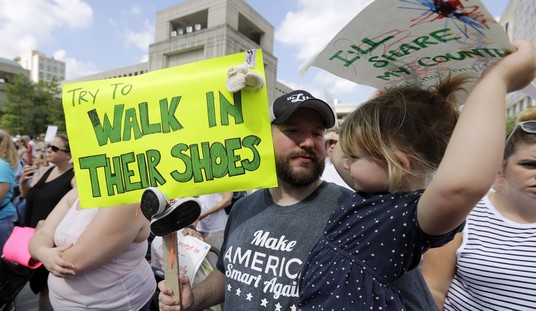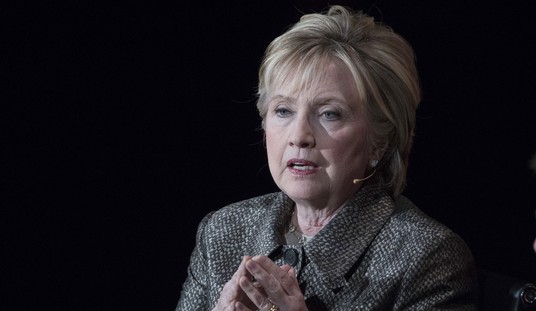Should a school be held responsible if a faculty member is discriminated against for their political views?
Current federal law says no — only individuals can discriminate against someone. But the case of a conservative professor at the University of Iowa may lead to changes in the law.
The University of Iowa College of Law dodged a potential employment discrimination verdict in a case tried in Davenport last week. But the case could still come back to haunt the university.
Regardless of the outcome, this case raises questions about the hiring policies at the University of Iowa College of Law, and perhaps in the university as a whole. The U of I respects the goal of diversity for race, religion and gender, but it should show the same respect for diversity of political thought.
This case involves a lawsuit filed by Teresa Wagner against the law school after she was turned down for a faculty position in the legal analysis, writing and research program. Wagner is a Republican who has worked for anti-abortion organizations. She alleged that she was passed over the position not because she lacked the qualifications but because she was blackballed by liberal members of the law school faculty.
The law school denied politics were involved in the decision not to hire her. The university claimed Wagner was turned down because she had performed poorly in an interview. …
Some testimony in this case was troubling. Wagner was turned down despite enthusiastic praise for her interview performance by members of the faculty appointments committee and members of the law school administration. Not all on the faculty were supportive, however. Carolyn Jones, the law school dean at the time, said she rejected Wagner for a faculty position because of opposition within the faculty. According to testimony, Jones said “she always adopts the faculty’s recommendations.”
Faculty members testified that they opposed hiring Wagner because she had performed poorly in the job interview. But an associate dean expressed concern in an email that Wagner might be opposed by professors who “so despise her politics.”
Whether a new trial is justified for this case, it raises important questions that should ultimately be resolved by Iowa courts.
(H/T: Lawprof blog)
Institutional bias against conservatives is a given. In many schools, the problem goes from top to bottom, from university president down to nontenured faculty. It’s hard to see how the institution itself can be held blameless with such pervasive, and widespread discrimination shown against those who disagree politically with the majority. It is tolerated — even encouraged — and it has to stop.
That said, the law specifically targets individuals. You might sue the university president or, as in the case of Wagner, individual decision makers in the law school. But the university is many separate entities and an interesting question would be how you could hold the athletic department, or sociology department responsible for the actions of the law school? It might be emotionally satisfying to say that Harvard discriminates against conservatives, but specific examples would show that most of the school was blameless in discriminating against that particular individual.
Making schools out to be lawbreakers rather than simply hypocrites for claiming diversity where none exists will be difficult. But perhaps that’s part of the answer in getting schools to live up to their lofty words about academic freedom and diversity by hiring more conservative professors for their faculty.










Join the conversation as a VIP Member